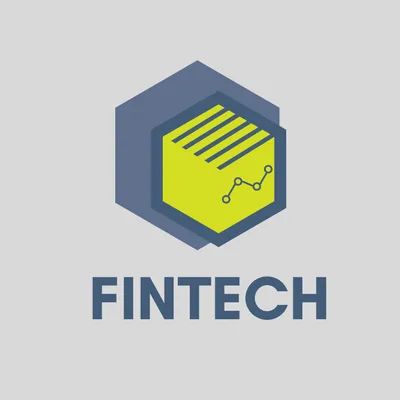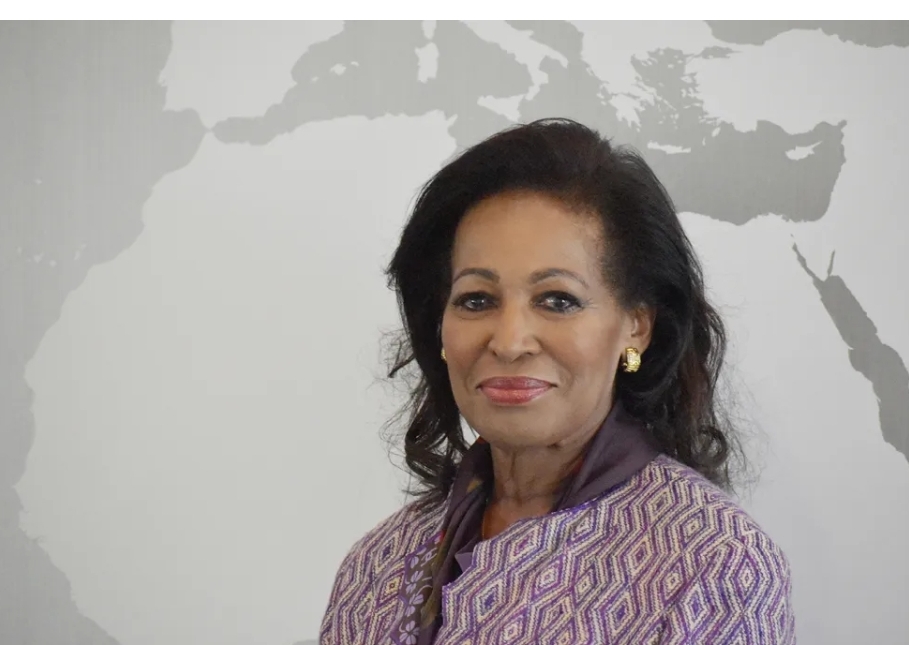The Forum aims to act as a catalyst for Kigali International Financial Centre (KIFC), Rwanda’s financial centre facilitating international investment and cross-border transactions in Africa, and Elevandi a company set up by the Monetary Authority of Singapore (MAS) to advance FinTech in the digital economy, today announced the launch of the first annual Inclusive FinTech Forum, to be held from 20 to 22 June in Kigali, Rwanda.
Global regulators, policymakers, decision-makers, founders, and investors will gather for three days of discussions on inclusive and sustainable FinTech, primarily focusing on the Global South, stretching from Africa to Latin America and Asia.
The Forum aims to act as a catalyst for financial inclusion and FinTech for Good by promoting technology and policy conversations that will enable FinTech development to become more equitable, accessible, and sustainable to all people of the world. This also includes developing and promoting public goods, infrastructure, and financial literacy.
The Forum will comprise a variety of dialogues and formats to spark debate and ideate solutions for inclusive finance globally.
Main stage sessions will feature keynotes by government and industry leaders as well as discussions with thought leaders.
Industry and Ecosystem stages will focus on topical sessions on Payments, Credit, Financial Services, Risk Products, Capital Market Infrastructure and ESG Products.
Elevandi’s signature programmes;
○ The Elevandi Insights Forum will host deep-dive roundtables with public and private sector organisations to address challenges faced by the financial sector and drive key actionable outcomes;
○ The Founders Peak will feature 10-minute talks from founders, giving participants a valuable opportunity to learn from the experiences of successful founders;
○ The Capital Meets Policy Dialogue will bring together policymakers, regulators, and investors to share perspectives on FinTech regulation and investment capital allocation.
● A curated space for exhibitors, industry workshops, mentorship sessions, and a talent pavilion.
Sopnendu Mohanty, Chief FinTech Officer of MAS and Chairman of Elevandi Board, said, “The Forum comes at an imperative time when FinTech is in the optimal position to contribute to global causes, given its place at a critical junction of finance and technology; however, its promise is still a work in progress for making finance accessible to all people of the world. The Forum will accelerate inclusion and impact conversations to make FinTech more accessible. It will serve as building blocks for future dialogues such as the Point Zero Forum, which will be held the week after this Forum.”
Tidjane Thiam, Board Chairman, Rwanda Finance Limited, the agency mandated to promote the Kigali International Financial Centre, said, “We are pleased to host the first annual global Inclusive FinTech Forum here in Rwanda bringing together important decision-makers in the FinTech Industry in Africa and globally. FinTech, at the crossroads of Financial Services and Technology, has a unique ability to transform lives, particularly in emerging and developing countries. It can empower the most vulnerable in society by giving them access to financing and allowing them to achieve financial independence. It can also contribute to the growth and expansion of successful African SMEs to provide much-needed goods and services to consumers in Africa and beyond. This event is a unique opportunity to enrich the African FinTech landscape and position KIFC as the new fast-growing hub for FinTech.”
Source: APO Group / Elevandi










